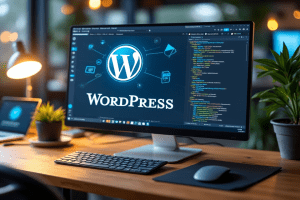Should ‘supplemental’ archive pages be no-indexed? Whether to use the noindex directive on supplemental archive pages depends on your specific goals for SEO and user experience.
Here’s a quick bit to help you decide:
Reasons to No-Index
- Duplicate Content: If these archive pages contain similar or identical content to other main pages, search engines might view them as duplicate content, potentially diluting the ranking strength of your primary pages.
- Crawl Budget: Search engine crawlers have a finite amount of crawling they can do on your site within a time frame. No-indexing less important pages helps bots focus on your main content.
- Quality Control: If the supplemental pages are not as well-optimized or provide less value than your main content, you might want to prevent them from appearing in search results.
- Pagination: If your archive pages are paginated (e.g., /archive/page2, /archive/page3), you often no-index all but the first page unless there’s unique content on each subsequent page.
Reasons to Index
- Discoverability: If the archive pages contain unique or valuable content not found elsewhere, they might benefit from indexing. This could include older articles, specific dates, or unique user-generated content.
- User Navigation: If users frequently land on or navigate to these pages, having them indexed might help with user experience by allowing them to be found directly through search engines.
- Link Equity: Indexed pages can pass link equity, which might be beneficial if these pages link to important content on your site.
Best Practices
- Use Canonical Tags: If the content is very similar but not identical, consider using canonical tags to tell search engines which version of the content is the most authoritative.
- Sitemap Inclusion: Only include pages in your sitemap that you want indexed. This gives direct instructions to search engines about which pages are important.
- Robots.txt: Alternatively, or additionally, you can use robots.txt to control access to certain pages, though this is less precise than meta tags for individual pages.
- Analyze Traffic: Use analytics to see if these archive pages are getting organic traffic or if they’re useful to your audience. Data can guide your decision.
- Implement Rel=Prev/Next for Pagination: If you do choose to index these pages, ensure proper pagination setup to help search engines understand the relationship between pages.
Ultimately, if the archive pages add significant value and contain content not replicated elsewhere, keeping them indexed could be beneficial. However, if they’re just supplementary and might confuse search engines or users, no-indexing them is often the better choice.
Always test and monitor the impact of any SEO changes on your site’s performance.








Leave a Reply
Your email is safe with us.
You must be logged in to post a comment.